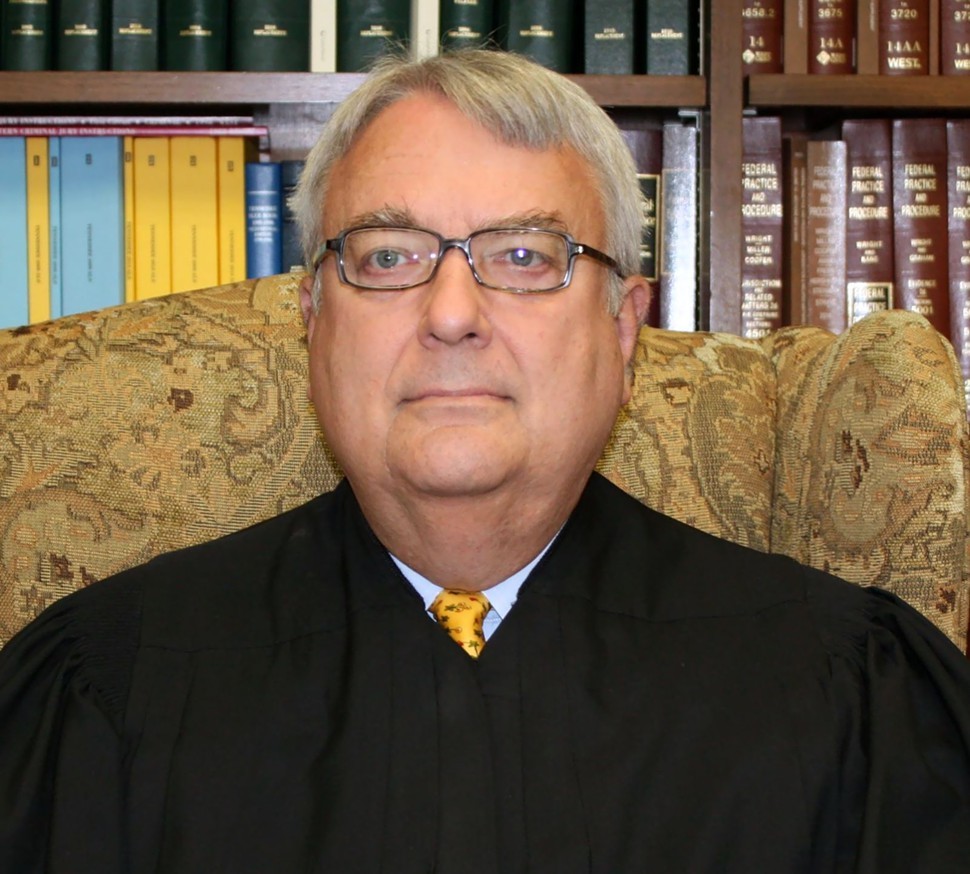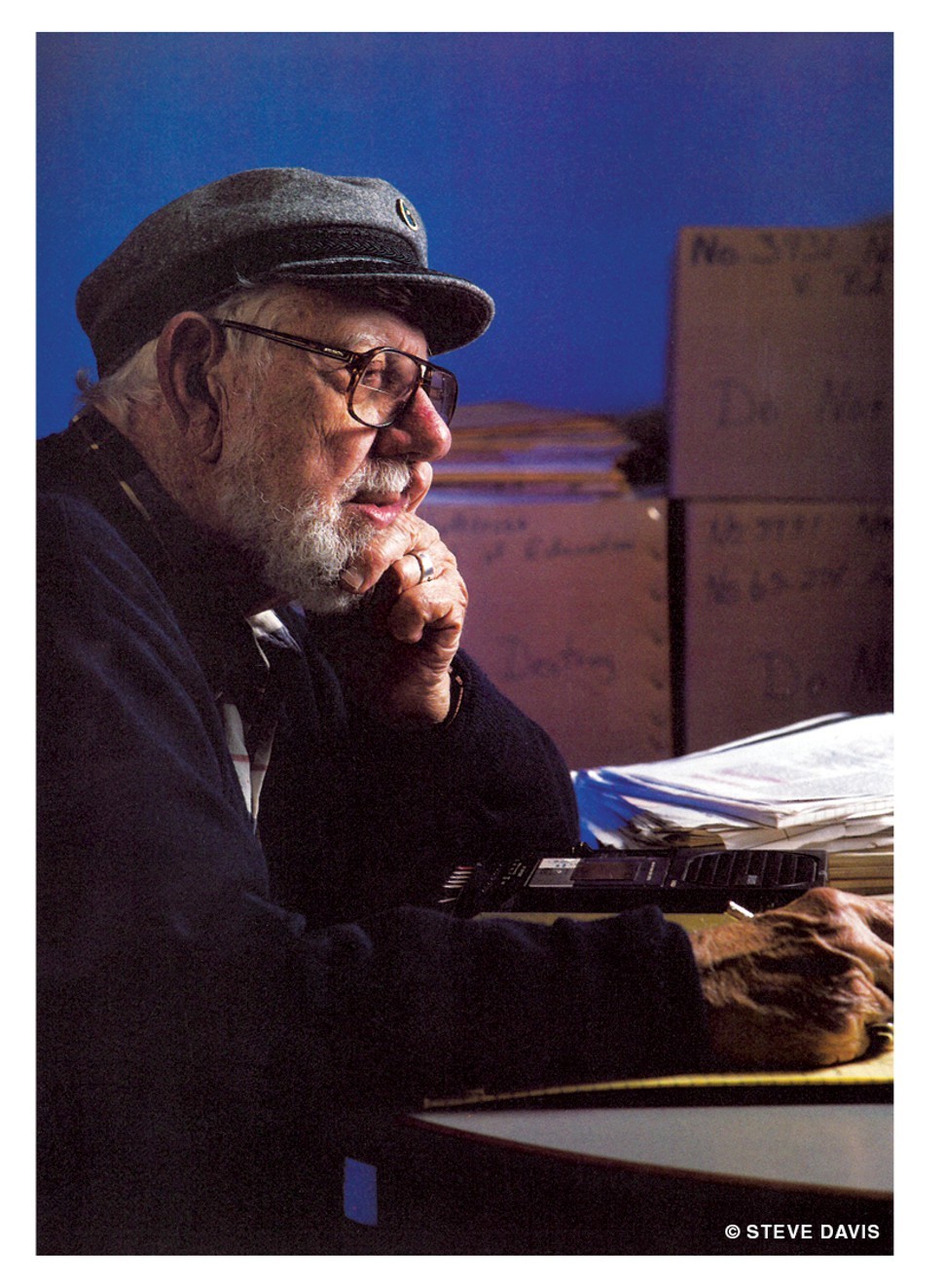On Tuesday, July 17th, the Memphis City Council voted unanimously in favor of amending the city’s Unified Development Code (UDC). The new amendments will bring forth various changes to the code’s stance on development and zoning in the city. But the changes must be approved by the Shelby County Commission before the revised development code can take effect.
One such change affects aspiring tattoo shop owners, palm readers, psychics, fortune tellers, and massage parlors who desire to open businesses in the Commercial Mixed Use (CMU-1) zoning areas. While those businesses are currently forbidden from opening in CMU-1 zoning areas, the amended code will allow them to apply for a conditional use permit to do so.

Tattoo artist Babak Tabatabai is breathing a large sigh of relief after the council’s decision. In November, Tabatabai signed a lease to open a tattoo shop and art gallery on Broad Avenue. After investing nearly $30,000 in the building and its remodeling, he received a rude awakening from the Historic Broad Business Association that the district was not zoned to allow tattoo shops.
He applied for a zoning variance to open the shop, but it was denied during a public hearing held at City Hall in March. Since then, his business has been at a standstill, but the new UDC amendments passed Tuesday could help change that.
“It’s hard to describe my reaction when I heard the results,” Tabatabai said, who attended the council meeting. “I wasn’t expecting it to go through. I was mostly relieved that I didn’t have to move all my stuff somewhere else. No matter what would have happened at this location, I think [the $30,000] would have never been lost anyway. They say it’s no lesson lost. It would have been a really expensive lesson, but it still would have been one that I could have learned something from. Now it has become even better.”
The next step is a second reading and public hearing on the changes at the Shelby County Commission on July 30th. The commission’s third reading is scheduled for August 13th.
If everything goes well, Tabatabai plans to apply for the Conditional Use Permit in August. He hopes to have his shop open by September. Named Ronin Design & Manufacturing, it will be a tattoo shop, art gallery, and design firm.
“Everybody on the street has a different opinion about tattoo shops, but the official position from the Broad Avenue Business Association is that we support what the process says,” said Pat Brown, vice president of the Historic Broad Business Association in regard to the recent UDC changes. “We never stated that we were against tattoos. That was never the case. Now that the entire UDC has been changed, we’ll support whatever that process is.”
Chooch Pickard, executive director for the Memphis Regional Design Center, was a part of the UDC stakeholders. The group worked with Josh Whitehead, planning director for the Memphis & Shelby County Office of Planning and Development, to come up with compromises on the amendments.
Pickard said he’s “90 percent happy with how things turned out,” regarding the code’s amendments.
“We weren’t wholesale against [the amendments] by any means,” Pickard said. “We actually were in favor of the majority of them, but we had a number of items that we took issue with. I think the Conditional Use Permit is a better option than just allowing tattoo shops outright, because that gives the neighborhood an opportunity to give their voice and perhaps put some limitations on hours of operation and things like that.”

